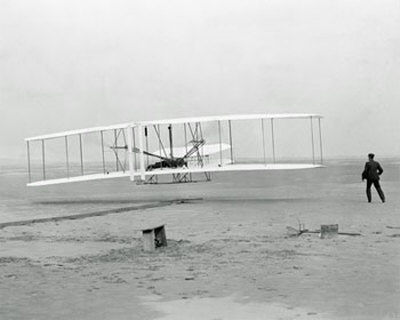As a chef I have many but the main influences would be Georges Auguste Escoffier the founder of the Kitchen brigade and the man chiefly responsible for modern cooking methods. Marie-Antonin Carem ( The King of Chefs and Chef of Kings) He was the guy who came up with the chef's uniform and is the father of haute cuisine.
The position of chef would still exist but not like how we know it without these two people.
The position of chef would still exist but not like how we know it without these two people.

